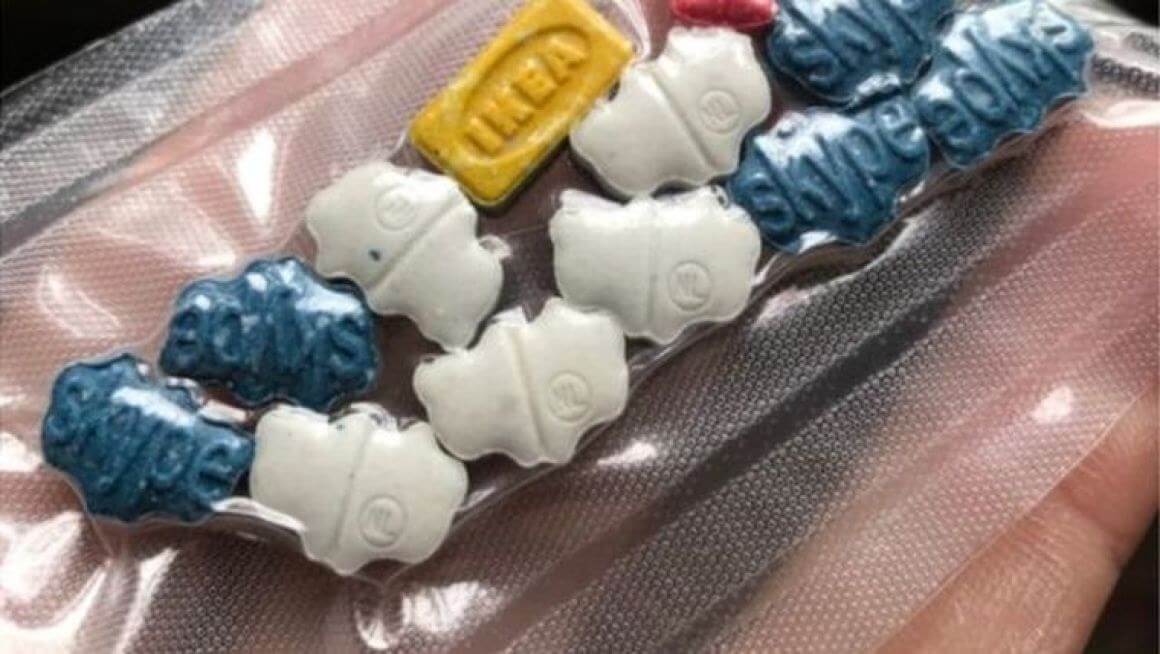New ways of utilizing today's technology for crime-fighting purposes are constantly being discovered. In what's being called a "groundbreaking" technique, police in Wales were able to partially identify fingerprints shown in a WhatsApp photo to secure the conviction of 11 drug traffickers.
The BBC reports that the image of a man holding ecstasy tablets was found in among a stream of WhatsApp messages on the phone of someone arrested in the Welsh town of Bridgend. The handset owner's home had been raided in August 2017 following a tip-off that drugs were being sold from their address. It seems the photo had been used to sell drugs on the Facebook-owned messaging service.
South Wales Police's scientific support unit then examined the photo. However, as only parts of the middle and bottom of a finger were visible, a match on the national database could not be found---it only stores the top of the fingerprint. But the photo, along with other evidence such as the WhatsApp conversations, was enough to help convict the suspect and ultimately led to the conviction of 10 others.
The police force also announced that they were able to prove the person in the photograph has almost £20,000 ($28,600) hidden in bitcoin accounts, the majority of which he admitted came from drug sales.
"While the scale and quality of the photograph proved a challenge, the small bits were enough to prove he was the dealer," said South Wales Police's Dave Thomas. "It's now opened the floodgates and when there's part of a hand on a photograph, officers are sending them in."
"These guys [drug dealers] are using the technology not to get caught and we need to keep up with advancements."
This isn't the first time that modern technology has been used in criminal cases. Earlier this month, it was reported that an Apple Watch's health data had become key evidence in an Australian murder trial.
